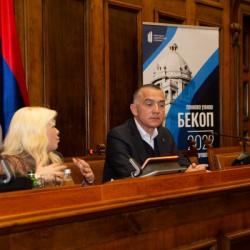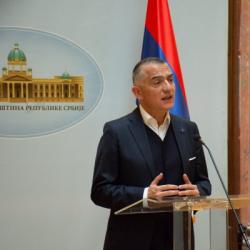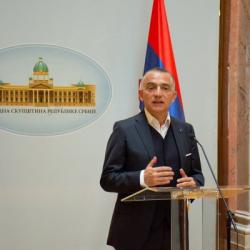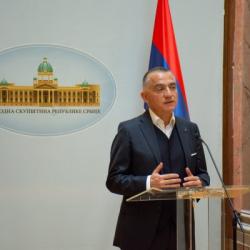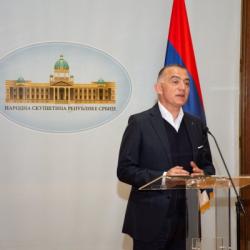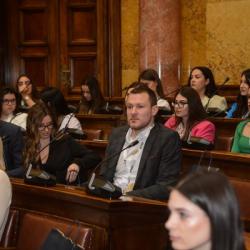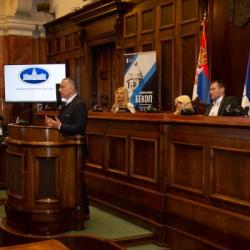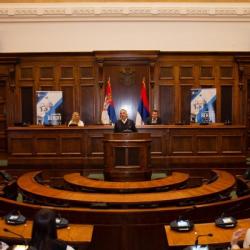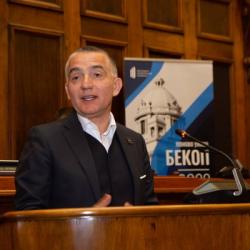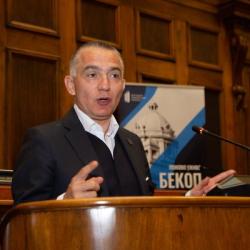"BACKUP 2022" was held in the House of the National Assembly of the Republic of Serbia
This year's main event "BACKUP 2022" took place on April 15, 16 and 17, bringing together young lawyers and law students who want to get to know their future professions. The conference was held in House of the National Assembly of the Republic of Serbia under this year's slogan "Usus est optimus magister - Experience is the best teacher".
The Belgrade Conference of Lawyers has been in existence for seven years with support Ministry of Justice, City of Belgrade and Faculty of Law, University of Belgrade. "BACKUP" gathers eminent lecturers and panelists in order to introduce young lawyers and law students to the professional challenges that await them.
As future lawyers, who rarely encounter practice during their studies, are insufficiently familiar with the professional challenges ahead, this organization is here to help them make a decision in which direction they want their career to develop.
The conference made sure to provide panelists from the field of judiciary, legal profession, prosecution, notary and executive profession, legal experts from the field of economy, administration, banking and insurance sector, auditing firms, attorney's office, Ministry of Justice and others.
Ceremonial opening of the seventh Belgrade Conference of Lawyers on April 15, 2022 in the House of the National Assembly of the Republic of Serbia, where the President of the National Assembly Ivica Dačić, Director of the Judicial Academy Nenad Vujić and President of the Belgrade Bar Association Momčilo Bulatović addressed the students, young lawyers and guests present.
The Judicial Academy took an active part in the conference on Friday, April 15 in the House of the National Assembly of the Republic of Serbia from 7:00 p.m. and on that occasion, the director of the Judicial Academy Nenad Vujić, during the panel dedicated to the Academy, gave a lecture to students and young lawyers about the Judicial Academy, its position, role and importance in our judiciary.
He particularly referred to initial andpermanent training, underlining obligations, but also expectations from participants.


